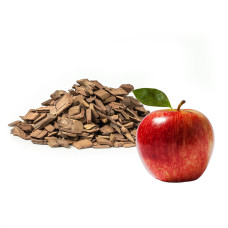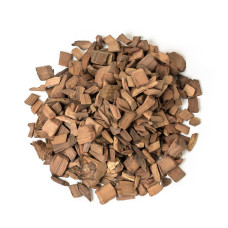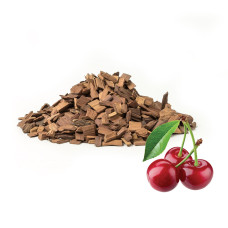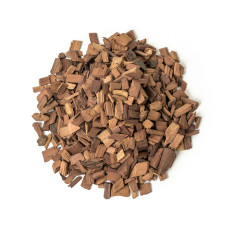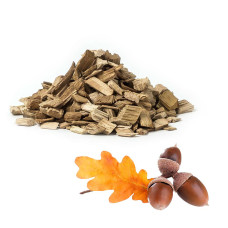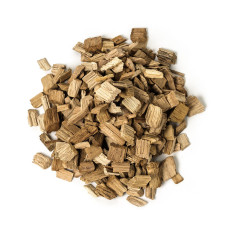0 ₽
Checkout
Oak for the production of barrels was chosen for a reason. First of all, it is valued for its ability to retain fluids due to the structure of the wood, mainly due to the formation of tylosis (growths inside the vascular system of the tree, which prevent it from drying out during drought) and multilevel medullary rays. Also, oak wood is quite strong and elastic, which makes it possible to form curved barrel parts from it. But more importantly, after heat treatment, oak wood contains many different compounds, one way or another affecting the color, taste and aroma of the drink.
Most of the flavors and aromas typical of oak-aged beverages are obtained from the decomposition of lignin, which, after depolymerization, forms such aromatic compounds as vanillin, vanillic acid and sinigaldehyde. Lignin degradation products have low sensory thresholds and therefore have a great influence on the development of sensory qualities (taste and aroma) of the aged beverage. Charred American barrels produce large amounts of volatile phenols such as guaiacol and syringol (which is why burnt wood chips are most commonly used). Some of the organoleptic desirable compounds for bourbon have been found to be found deep in charred wood, up to 6 mm beneath the charcoal (one of the advantages of deep-roasted oak cubes, which are typically 10 mm on sides). Hemicelluloses, after hydrolysis under the influence of acids and other factors, form monosaccharides that give soft drinks.

